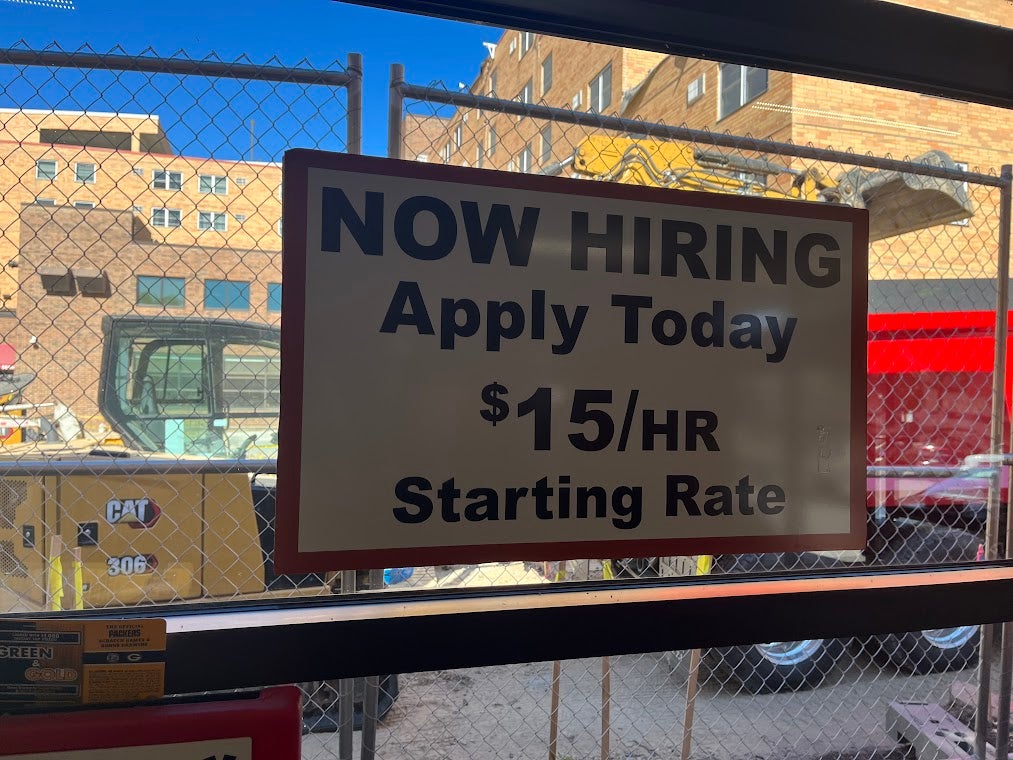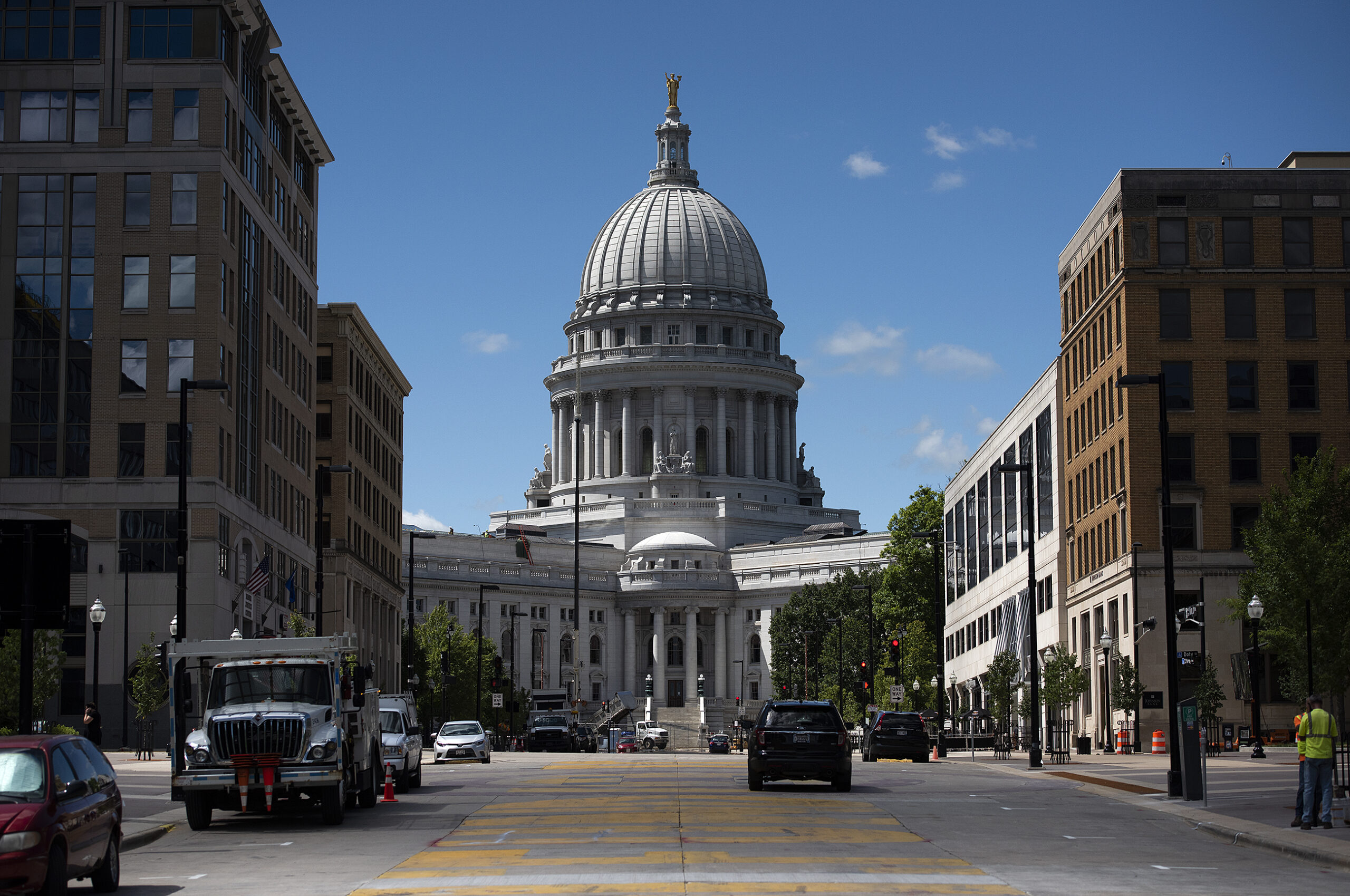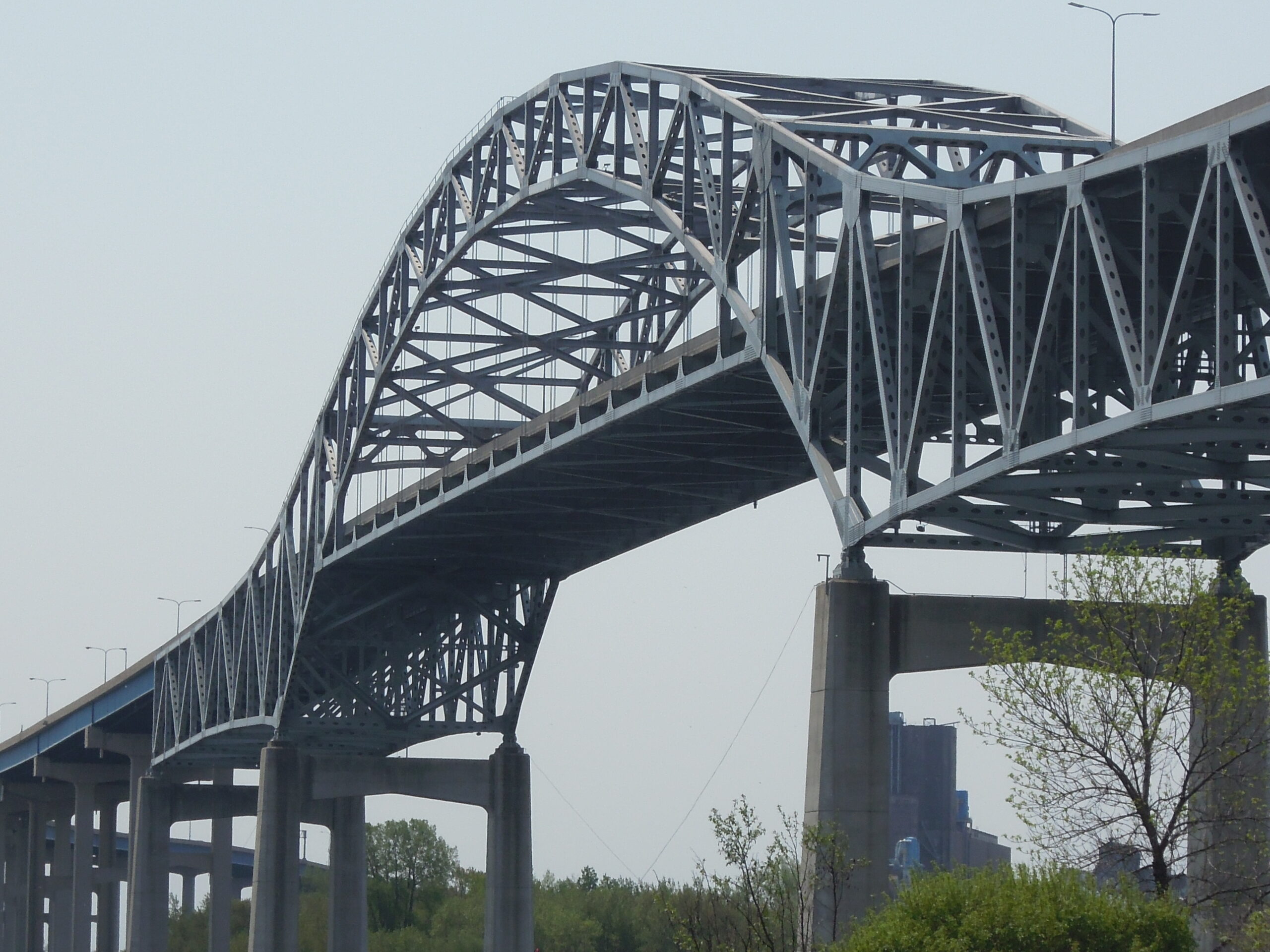After President Obama pointed out Minnesota’s economic success during his visit to La Crosse recently, the president of Wisconsin Manufacturers & Commerce wrote a piece defending the Badger State’s economy. We discuss the opposing viewpoints in the debate between Wisconsin and Minnesota. We also look back on the importance of the Older Americans Act, and we talk to a political scientist about the historic deal to rein in Iran’s nuclear program, reached Tuesday.
Featured in this Show
-
Older Americans Act Helps Keep Seniors Living In Their Homes, Expert Says
Exactly 50 years ago on Tuesday, President Lyndon Johnson signed the Older Americans Act into law, legislation that helped to mandate that each state provide services and protections for senior citizens.
The act was created because many felt there was a lack of community and social services for older Americans. For Jonette Arms, with the Milwaukee County Department on Aging, said that the measure really helped senior citizens.
“It allows seniors to live in their homes and communities for as long as they like, with a variety of diverse programs that fits the needs and the desires of seniors,” said Arms.
Some of the services available with the Older Americans Act are home-delivered mail, family-care service support, home- and community-based services, job training, adult protective services and foster grandparent programming. These programs are open to all people 60 years and older, regardless of social or economic status, Arms said.
She said the law is important because it keeps seniors in their homes instead of having to live in nursing homes, which are more expensive.
“People do better when they’re able to live at home, in their communities, among people who care for them. People are able to … continue to be engaged with their friends, build new friendships as they age. They can also contribute to the community through volunteerism, through working, bringing back their veteran skills and knowledge into the economy,” Arms said.
The last time Congress reauthorized the Older Americans Act was 2006, which provided support through 2011. Arms said funding for this law has been pretty flat over the last decade, which means it hasn’t been keeping up with the increasing older population in the country. She predicted that if there isn’t sufficient funding to provide these services in the future, it would be very costly to society.
“It will be tasking on our taxpayers,” she said.
-
Historic Iran Deal Reached
International leaders reached a historic deal to rein in Iran’s nuclear program on Tuesday morning, after two years of negotiating. A political scientist discusses how this deal could affect the United States.
-
The Older Americans Act At 50
The Older Americans Act, which provides services for individuals over 60 living at home, turns 50 today. A guest talks about the significance of the Act, and the question marks it faces in the future.
-
Wisconsin Or Minnesota? Business Leaders Debate Which Has Better Economy
A pair of state business leaders are sparring over President Barack Obama’s recent remarks that Wisconsin’s economy is being outshined by Minnesota — a not so subtle jab at the economic policies of Republican Gov. Scott Walker.
“Wisconsin is this extraordinary state filled with extraordinary people. But, if you end up having policies that cut education, help folks at the top, aren’t expanding opportunity, then it’s not going to work,” Obama said last week while visiting La Crosse to lay out his economic agenda for the middle class.
In contrast, Obama said Minnesota, led by Democratic Gov. Mark Dayton, asked the state’s top earners to “chip in a little more” to invest in education, raise the minimum wage and protect workers’ rights.
Kurt Bauer, president and CEO of Wisconsin Manufacturers & Commerce, recently wrote in the Milwaukee Journal Sentinel’s opinion pages that he agrees Minnesota is winning the border battle. However, he added that since taking office, Walker has transformed the state’s business climate by alleviating tax burdens, cutting costs and relaxing regulations, setting Wisconsin to be in a position to surpass its neighbor in the long term.
“I do think Wisconsin is taking the necessary steps to repair our business climate so that we are more competitive going forward,” said Bauer, adding that the state has improved in every major economic ranking.
Meanwhile, Bauer said Minnesota is heading in the “opposite direction” under Dayton’s tenure as governor.
“It’s going to be 10 years or so for this case study to really play itself out and we’ll have to see what Wisconsin and what Minnesota looks like after that time period,” Bauer said.
For Jennifer Epps-Addison, the executive director of Wisconsin Jobs Now, Obama’s remarks were right on the money. She said Walker’s state budget decisions have consequences, and cuts to education, refusing Medicaid expansion among other policies, will penalize Wisconsin’s economy moving forward.
“I think the president was responding to a number of sources that have also cited the fact that Minnesota’s economy seems to be far outpacing Wisconsin’s,” she said. “And while Mr. Bauer’s piece was interesting — you know it was an opinion piece — it wasn’t based on a lot of fact. In fact, he really didn’t have a single citation from a credible source to back up the claim that Wisconsin is outshining Minnesota.”
Epps-Addison pointed to a Forbes article from November 2014 that listed Minnesota as the ninth-best state in the nation for business, citing quality of life, better education and a healthy population among other characteristics.
“On the other hand, Governor Walker’s Wisconsin was ranked No. 32,” she said.
Epps-Addison added that by raising taxes on the wealthy, raising the minimum wage and reinvesting in education, Minnesota is posed to continue to outpace Wisconsin’s economy.
“I think we have to understand that $1.6 billion cut to public education in (Walker’s) first term, coupled with the $250 million cut to the (University of Wisconsin) System are exactly the types of decisions and priorities that are seriously hindering our state’s ability to come out of the great recession,” Epps-Addison said.
-
Who Has The Better Economy, Wisconsin Or Minnesota?
A recent opinion piece proposted that Wisconsin has a better economy than neighboring state Minnesota. In an old rivalry, we get two perspectives on which Midwestern state has a better economy: Minnesota or Wisconsin.
Episode Credits
- Rob Ferrett Host
- Veronica Rueckert Host
- Chris Malina Producer
- Amanda Magnus Producer
- Jonette Arms Guest
- Joe Grieco Guest
- Jennifer Epps-Addison Guest
- Kurt Bauer Guest
Wisconsin Public Radio, © Copyright 2024, Board of Regents of the University of Wisconsin System and Wisconsin Educational Communications Board.




